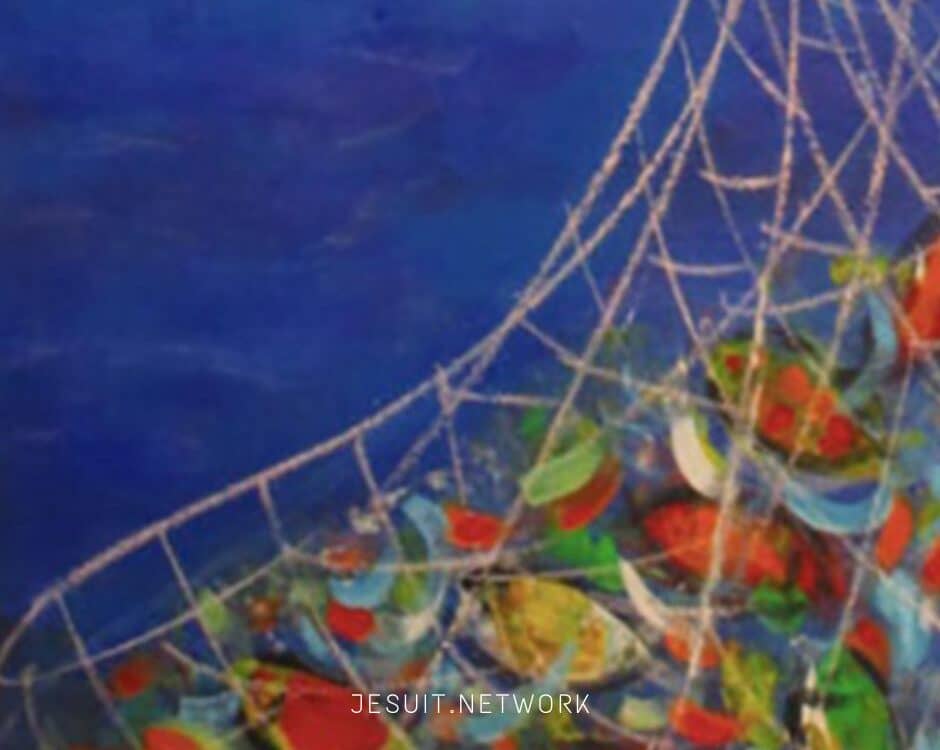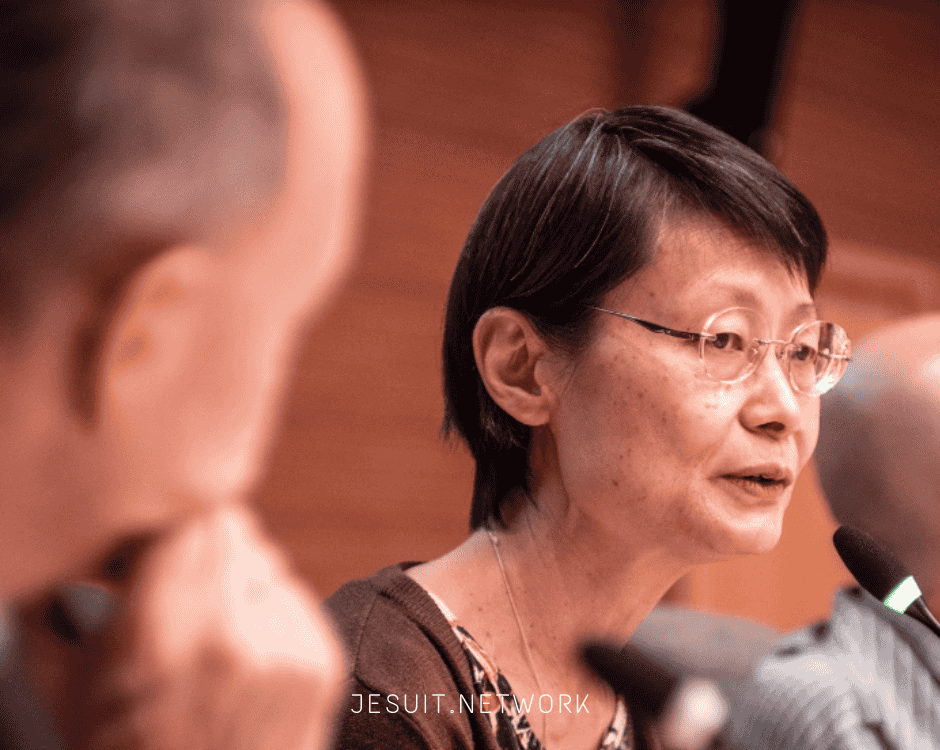This website uses cookies so that we can provide you with the best user experience possible. Cookie information is stored in your browser and performs functions such as recognising you when you return to our website and helping our team to understand which sections of the website you find most interesting and useful.
First Steps of Fe y Alegría in Asia
The seed of Fe y Alegría in Asia began just a few years ago in diverse contexts, where linking the great accumulated experience of the Movement with educational realities such as Asia poses a challenge that leads us to new frontiers, new models and new ways of staying connected from a global perspective.

The two main Fe y Alegrías in Asia: Nepal and Cambodia, have meeting points and realities that touch each other. But they are a clear example of how they are born of concrete and local needs, totally different.
Fe y Alegría Nepal was born from the evolution of an Emergency Program after one of the most serious earthquakes that the country suffered in 2015. As a result of this program, the Nepal Jesuit Social Institute (NJSI) was created, the seed of what we know today as Fe y Alegría Nepal. Until then, the Society of Jesus in Nepal worked in mainly urban educational contexts.
From the outset, the NJSI showed a remarkable capacity for intervention, and gave priority to supporting the rural communities most affected by the earthquake. The main focus was on rural public schools. Nearly 45 public schools have been repaired and rebuilt along with other activities linked to the recovery of community life. The implementation of these activities allowed NJSI to get to know in depth and build a trusting relationship with the rural communities it worked with. As the Emergency program came to an end, the Jesuits in Nepal began a process of reflection on the relevance of continuing their work in the communities. As a result of this reflection, November 20, 2021, marks a milestone for Fe y Alegría in Nepal, as it is the date on which an agreement is signed by which Nepal begins the process of integration into the Federation.

Since then, Fe y Alegría Nepal continues to be actively present in the communities through its main program “Rural Education Improvement Nepal” (REIN) where the school is the space from where the transformation processes of the community are channeled and facilitated.
Meanwhile, Fe y Alegría in Cambodia plants its seed from a very different reality, which has its deepest roots in the reconstruction of a society massacred by a heartbreaking civil war more than 20 years ago. As a response to the reconstruction of the community fabric that still, after such a long time, continues its process. Three actors of the Jesuit environment, help each other with educational and social promotion projects to continue supporting the most remote and vulnerable rural communities.
These stakeholders are: Battambang Prefecture (Karuma Battambang – KBO), Jesuit Service Cambodia (JSC) and Xavier Jesuit School (XJS). While it is true that the contexts in the rural environment have been changing, there is still a need to respond to new challenges faced by rural communities.

That is why, in 2018, work began on a model of collaboration between these three institutions mentioned above, with Fe y Alegría being the catalyst from which shared values and objectives are articulated. The process is in its pilot phase, trying to offer a working model that facilitates and increases the quality of educational services that these actors are developing in Cambodia.
Both countries share the concern to build their own identity in the universe of the Fe y Alegría Movement. They are aware that the search for FyA in their contexts, in their communities, as well as the sense of belonging to the movement, are key elements for its permanence in time.







